1984 Divestment Strategy: Principles and Criteria

The 1984 divestment strategy refers to the Presbyterian Church (USA)'s decision to divest from companies involved in South Africa due to the apartheid regime. This action was part of a larger, faith-based movement urging institutions to pressure South Africa's government to end racial segregation and oppression. PC(USA) was among numerous religious, academic, and financial institutions that pursued divestment as a moral and financial strategy to oppose apartheid and support human rights.
The strategy focused on withdrawing investments from companies that profited from or supported South Africa's apartheid system. By applying economic pressure through divestment, PC(USA) aimed to contribute to the global push for the dismantling of apartheid. This action reflected the church's broader commitment to social justice and ethical investing.
The divestment movement was instrumental in the eventual abolition of apartheid, showing how ethical investment decisions can be used as tools for social change.
